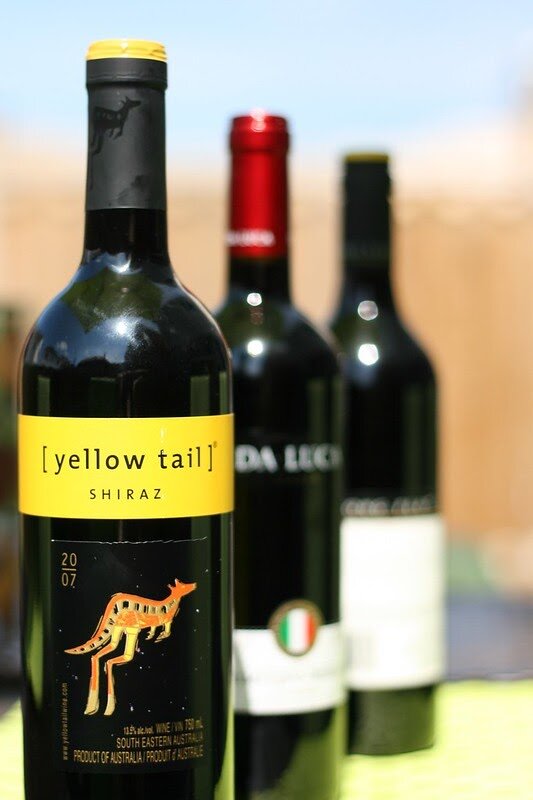Chinese Tariffs Harming Australian Wine Industry
Recent tariffs by China on Australian wine imports have effectively shuttered the country’s wine industry, worth more than $35 billion (Wikimedia Commons).
Australian wine producers are reporting immense losses in sales as the effects of crippling Chinese tariffs on the wine industry are coming to fruition.
The Australian wine industry experienced steady growth during the past few years because of the Chinese wine boom that began in 2015 when China and Australia signed a free trade agreement. While China has historically imported wine from France and Chile—and even dabbled in wine production itself—they have looked to Australia in recent years for red wines and high-end vintages as demand grows among its middle class.
Since then, China has purchased almost 40 percent of all wine produced in Australia, amounting to $840 million in 2019. China is also Australia’s largest trading partner. Such a reliance on one export market has proven to be volatile for Australia’s $35 billion-dollar wine industry, the fifth-largest in the world.
Australian winemakers began to see a slowdown in growth in early 2020 when bushfires and the COVID-19 pandemic cut yields and demand. But, according to Alister Pubrick, the CEO of the Tahbilk Group and a Victorian wine producer, “Those two effects have been a walk in the park compared to the China effect.”
In November, in a culmination of diplomatic tensions between China and Australia, China slapped a 212% tariff on Australian wine exports as part of an anti-dumping investigation. These tariffs also extended to the lobster, beef, timber, and barley industries. Rumors about tariffs had pushed prices up prior to November, but after tariffs had been introduced, both prices and demand had been drastically reduced. This combination was disastrous for Australian wine producers, as wine exports since December have been effectively reduced to zero.
Beijing has connected these trade actions to a list of political disputes between the two countries, which have intensified over the past few years. Australia has vehemently opposed the National Security Act pertaining to Hong Kong and has condemned China over its abuses of the Uighur Muslims. In addition, in April 2020, Australian Prime Minister Scott Morrison was the first to call for an international investigation into the origins of the COVID-19 pandemic, which further angered China.
China has also been exerting its influence throughout the Pacific islands, with whom Australia has held longtime partnerships. New Chinese ambassadors have been sent out to the Solomon Islands and Kiribati, while China’s Belt and Road Initiative has expanded to Papua New Guinea. Australia and other countries are worried that China’s goal is to establish a set of military bases in the South Pacific, which would threaten their regional interests. Despite the landmark Regional Comprehensive Economic Partnership (RCEP), a free trade agreement between 14 countries in the Asia-Pacific region signed in 2019, tensions do not seem likely to dissipate soon.
This heightened friction between China and Australia has severely damaged the livelihoods of domestic Australian wine producers. Some have argued that the Australian government is to blame, while others point to the possible influence of Chinese wine producers, who have been hurt by cheap Australian imports. Australian wine exporters are currently seeking out new markets in India and Central Asia, countries with growing middle classes.
Despite this, prospects for improvement in 2021 are bleak. The effective monopolization of the luxury wine industry by California and Europe makes the process of finding new export markets difficult. Further harming prospects is the fact that the bountiful grape harvest this year has led to a growing stock of wine in storage, which is unsustainable for wine producers.

